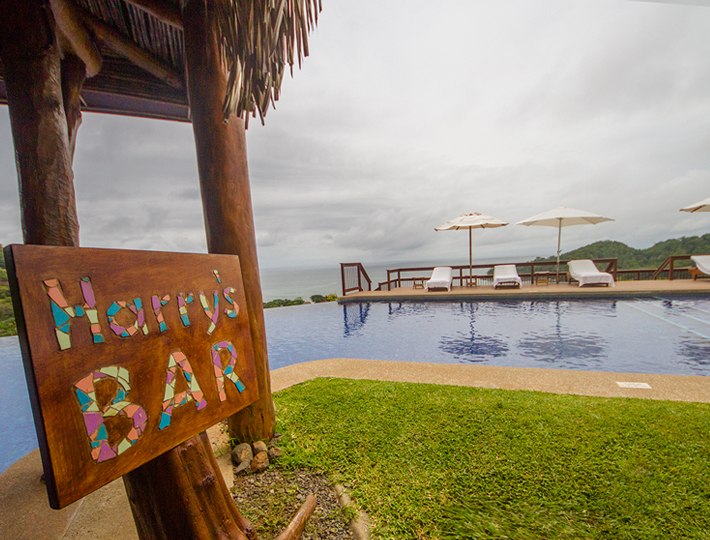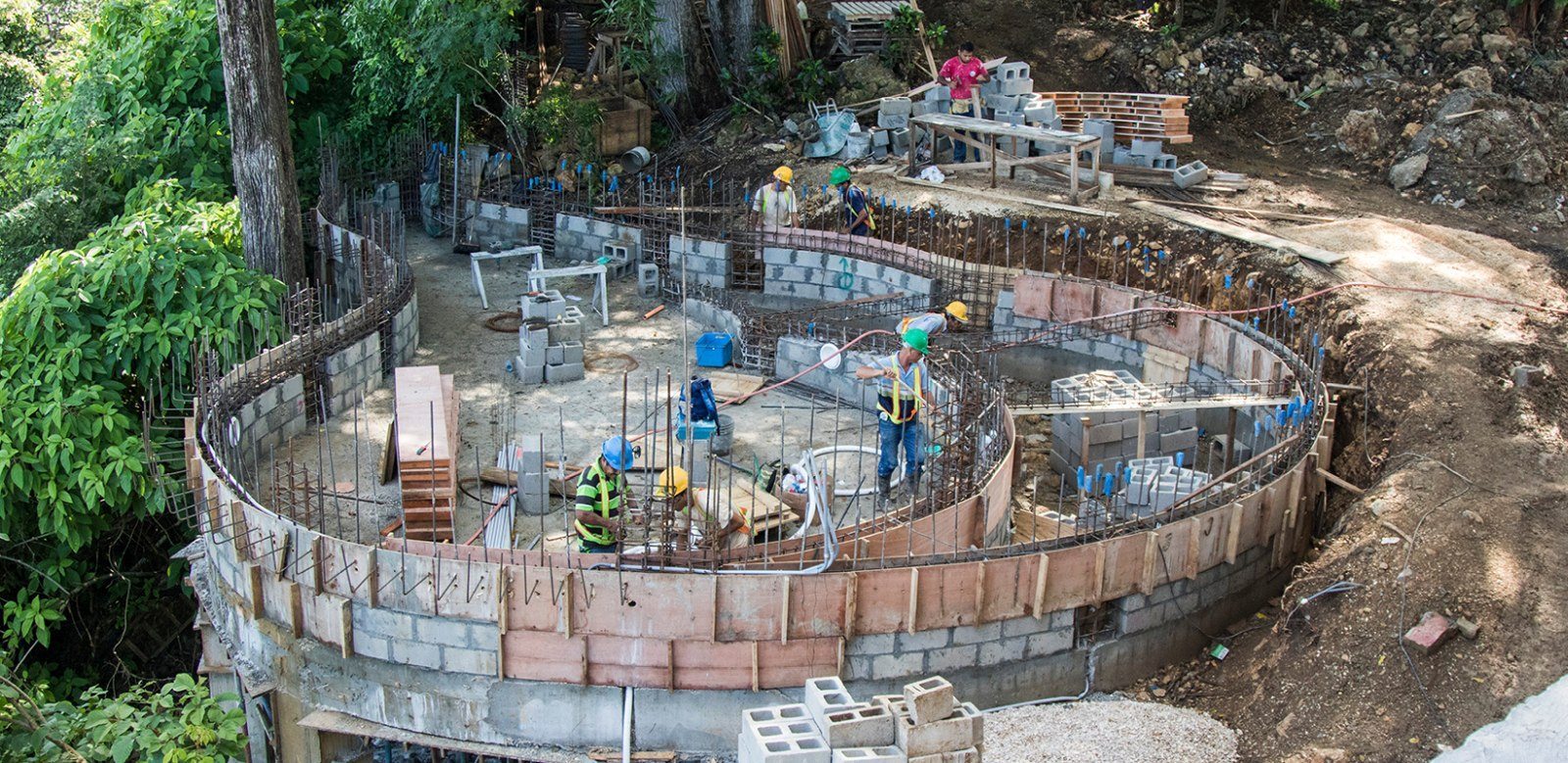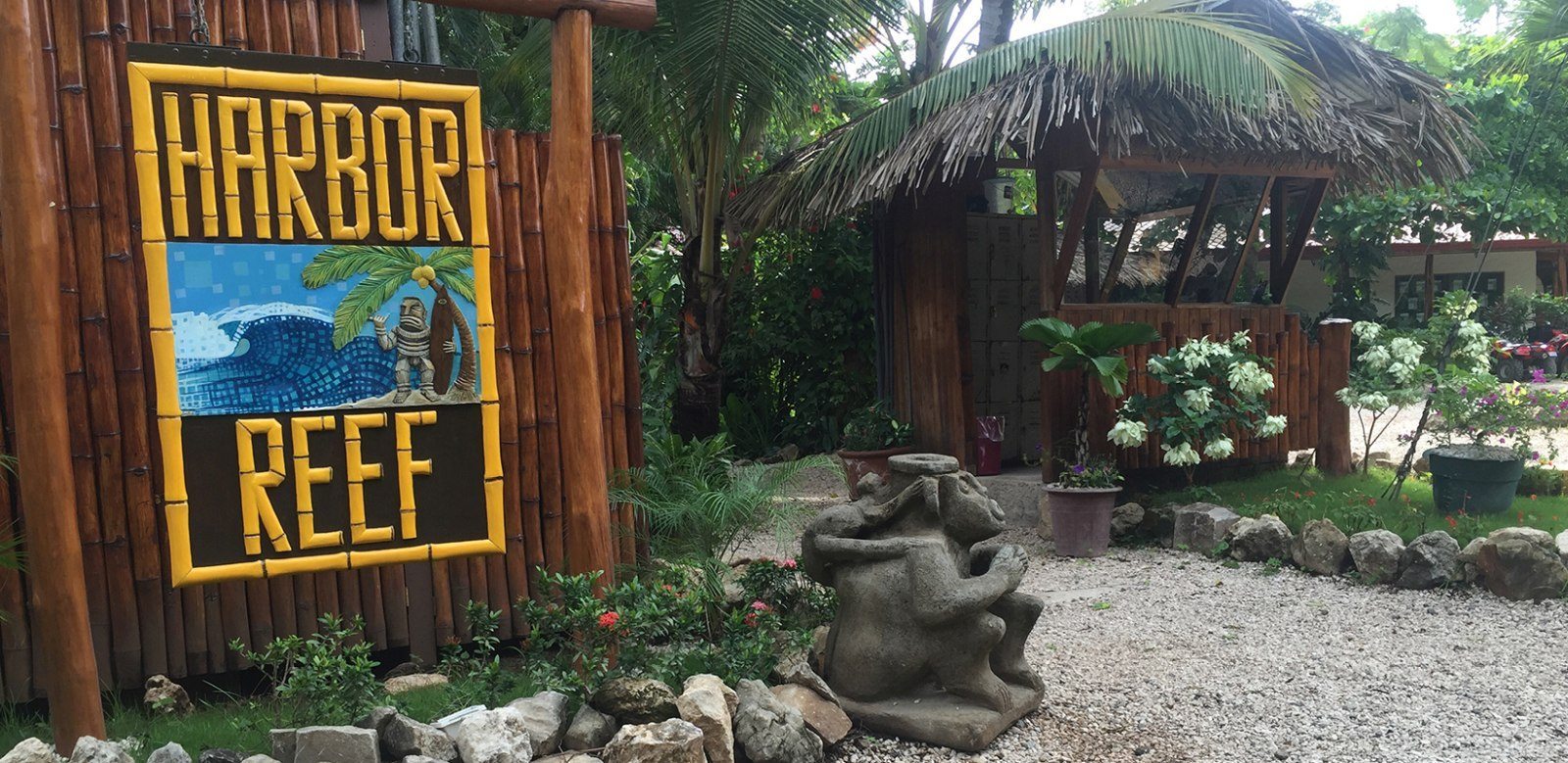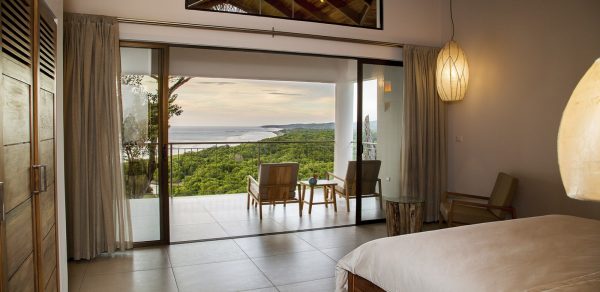
Upon entering the hotel, the first thing one feels is peace and harmony with nature. We are welcomed right away by Marvin Seas, the hotel’s concierge, who cordially shows us the facilities and accompanies us during the tour. In Hotel Punta Islita, no detail is left to chance.
Located in the Peninsula of Nicoya, in the community of Islita, this five-star hotel is the first hotel in Central America to enter the Autograph Collection, which is a collection of incredible independent luxury hotels, selected for its bold originality, exceptional character and unique details.
The hotel has 56 rooms divided into standard, deluxe, suites, cottages and villas. Upon entering a deluxe room, the smell of fresh wood fills our senses. Each of the rooms is an example of balance between comfort and environmental sustainability, maintaining Costa Rican style using native woods.
Currently, in low season the hotel provides jobs to 80 people, while in high season the number increases to 100, with 93% being people from the area, specified Seas.
The hotel was built in June of 1994 under the design of famous architect Ronald Zürcher, the brother of the owner, Harry Zürcher, both Costa Ricans. The hotel is embedded in the mountain to give a spectacular view of the beach. Its design includes many wooden details, ranchos with palm leaves, colonial tiles, tropical gardens and pools overlooking the sea.
Since its creation, the hotel has launched a series of sustainable tourism practices such as supporting the Camaronal Wildlife Refuge Program to protect sea turtle eggs and encourage their return. Seas estimated that the investment made by the hotel in social responsibility amounts to $300,000.
In addition, they have financed The Ara Project, which is a shelter for the reproduction and protection of scarlet macaws. So far, the project has enabled the release of 75 macaws to their natural habitat, and 19 of the released birds are regularly around the shelter and can be seen, while another 13 are in captivity, explained Charlie Fayers, biologist in charge of the shelter.
Recently, the company has also managed projects in the community like the School of Music, where children receive classes in percussion and introduction to marimba under the tutelage of Professor Gerardo Mora. These classes are attended by children from the communities of Corazolito, Islita, Pilas and Pueblo Nuevo.
Also, the art museum, which has operated for 10 years, offers pieces by 50 local artists for sale and distribution. The hotel has the goal of continuing with these projects as well as advancing the construction of the second stage of the aviary to reproduce and release more macaws.
“Our goal is to continue to commit ourselves to the community and provide high quality service to our guests,” explained Seas.







Comments